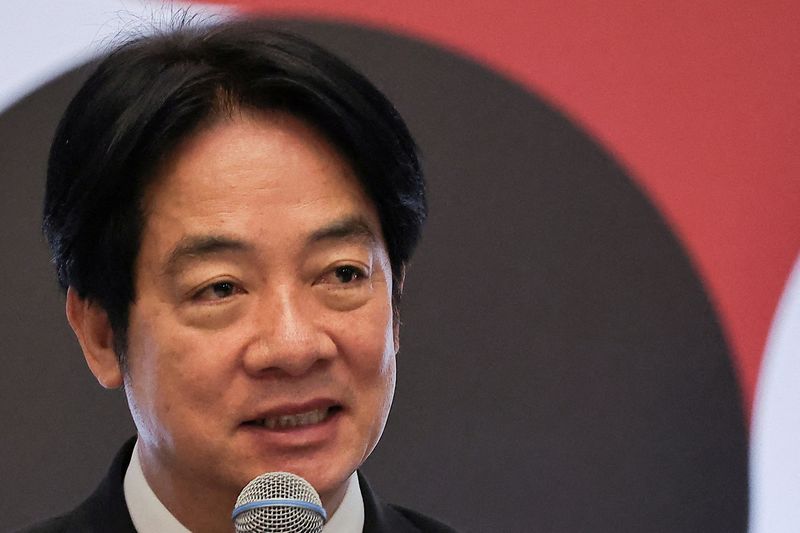A liability is an obligation that results in a probable outflow of economic benefits. This obligation comes from past events, for example, contracts or agreements. For most companies, these include payables, loans, etc. However, it may also consist of provision expenses relating to future costs. In accounting, these fall under a different standard due to the complexity involved.
What is a Provision Expense?
A provision is a liability that comes with uncertainty which involves its timing, amount, or both. Accounting standards require companies to estimate these expenses regardless of the uncertainty involved. However, these must have a probable occurrence for recognition. However, the company should also have a reasonable estimate for the provision to record it.
In simpler terms, a provision is an obligation that a company records even though it is not definite. For example, a warranty provision is an example of provision expense. Although companies cannot estimate the exact amount of warranty claims, they must create a liability. Examples of provision expenses include warranties, pensions, tax payments, bad debt, etc.
How does a Provision Expense work?
The basis of provision expense comes from accounting standards and principles. More specifically, it relates to the conservatism principle. This principle requires companies to recognize all potential losses even when they have a remote chance. This implication relates to liabilities, where companies must record an obligation as soon as it becomes probable.
When a company identifies a probable expense, it must create a liability. The obligation comes from past events, although it relates to the future. With the same example of warranties, the claim may occur sometime in the future. However, the obligation comes from the past event of promising customers a warranty on a specific product.
What is the accounting for Provision Expenses?
Once a company identifies a probable future outflow of economic benefits, it must record a provision. Although the amount or timing may not be specific, accounting standards require recognizing the expense. In accounting terms, it means that if a liability is more than 50% likely to occur, it will need a provision. However, a current obligation from a past event must exist.
Another requirement for provision expenses is the reliability of the estimate made. If a company cannot reasonably estimate these expenses, it cannot recognize them. Once recorded, provision expense impacts both the balance sheet and income statement. Sometimes the accounting treatment for provisions may continue over several accounting periods.
What is the journal entry for Provision Expense?
The journal entry for a provision expense is straightforward. It requires creating an expense in the income statement while recognizing a liability in the balance sheet. Overall, the journal entry is as follows.
| Dr | Provision expense |
| Cr | Provision liability |
Once repaid or settled, companies can use the following journal entry to remove provision liability.
| Dr | Provision liability |
| Cr | Cash or bank |
Example
A company, Red Co., provides warranties on its products. During an accounting period, the company sold $100,000 worth of goods. Based on previous experience, Red Co. estimates up to $5,000 in probable warranty claims. Based on this information, the company records a provision expense as follows.
| Dr | Warranty expense | $5,000 |
| Cr | Warranty provision | $5,000 |
Conclusion
A provision is a future loss or expected outflow of economic benefits that comes from past events. Accounting standards require companies to recognize a provision expense for probable losses. Usually, it implies that the chances of it occurring must be over 50%. Provision expense impacts the income statement and the balance sheet.
Further questions
What's your question? Ask it in the discussion forum
Have an answer to the questions below? Post it here or in the forum




